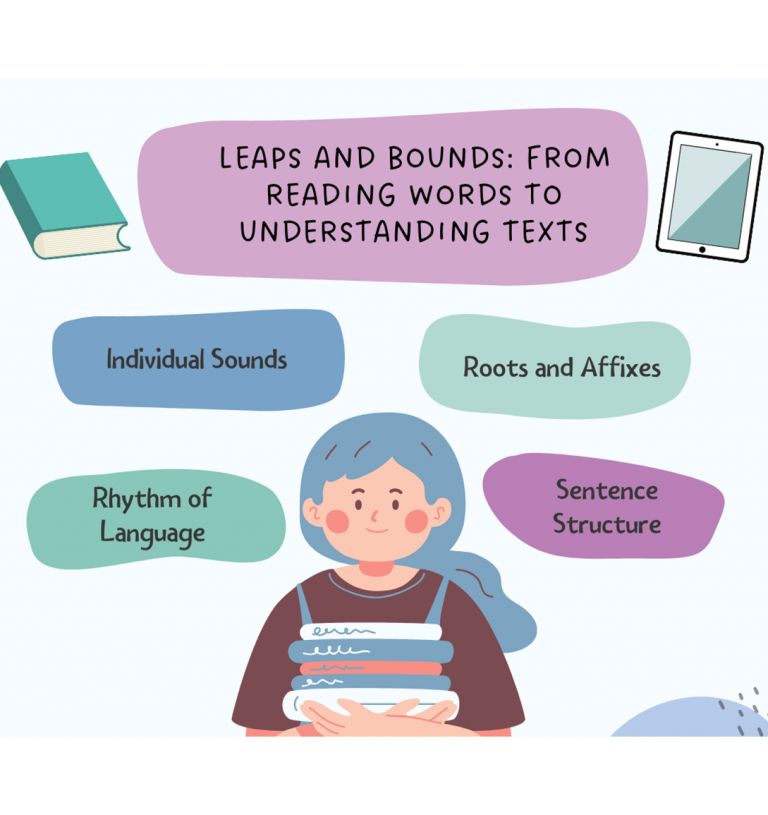The Language, Reading and Cognitive Neuroscience (LRCN) Lab at Western University led by Dr. Marc Joanisse studies a wide range of topics including reading and language impairments, bilingualism, and typical second language learning in children and adults. In the past, researchers at the LRCN Lab have used a wide variety of experimental and neuroimaging techniques such as functional magnetic resonance imaging (fMRI), functional near-infrared spectroscopy (fNIRS), electroencephalography (EEG), and eye-tracking.
While the COVID-19 pandemic has temporarily halted in-person experiments, the LRCN research team has nevertheless stayed busy conducting numerous reviews and meta-analyses. Using systematic search, screen, and selection protocols, reviews provide a comprehensive account of all the past research conducted across the world relevant to a certain topic, and in the case of meta-analyses, quantitively calculate the combined results of past research to derive more reliable conclusions.
Lab researchers Chenglin Lou, Christine Moreau, Joe Nidel, Kaitlyn Parks, and Leah Brainin set out to address a wide range of topics critical to understanding research outcomes pertaining to literacy and language development in numerous populations. This includes typical learning processes exhibited by foreign language learners and bilinguals as well as those who may struggle with language and reading such as individuals with Developmental Language Disorder (DLD), Reading Disorder (RD), Attention-Deficit/Hyperactivity Disorder (ADHD), or Autism Spectrum Disorder (ASD). These populations exhibit distinct learning profiles, ranging from difficulties with reading comprehension or phonological awareness to oral language production.
To better understand specific aspects of language and literacy processing and development in various populations, our reviews set out to answer the following questions: –
- What are the long-term trajectories of distinct cognitive processes known to be affected in individuals with reading disorder?
- Does the brain’s ability to track rhythmic speech information differ in individuals with reading disorder or developmental language disorder compared to typically developing individuals?
- Are language difficulties in ADHD and DLD based on distinct constellations of deficits?
- How do reading comprehension abilities of those with ADHD differ from typically developing readers?
- What are the neural profiles of language-impaired children with ASD and how do they compare to those with DLD?
- Does dual-modality input (e.g., reading subtitles or captions while listening) help foreign language learners with language acquisition?
- How do languages interact in bilinguals and what factors contribute to first and second language priming differences?
To address these questions, our researchers systematically searched through various relevant databases and screened through thousands of articles to uncover comprehensive accounts of research, summarizing it and critically discussing patterns, limitations, and gaps in the literature. As such, these reviews and meta-analyses not only provide convenient summaries of the literature to better guide future research, but also produce more reliable multi-sample and assorted methodology-based evidence to inform clinical practices and policies.
In the coming months, we aim to wrap up these 7 reviews and meta-analyses and publish them as peer-reviewed articles. In addition to summarizing the literature in a comprehensive manner, our reviews discuss any inconsistencies in findings across different studies, gaps in the literature, and future directions needed to address these inconsistencies and gaps. These critical discussions will help guide future research on these various topics, some of which we hope to address through experimental studies in the next year.
Research Questions
What are the cognitive, language, and reading profiles of individuals with Reading Disorder, Developmental Language Disorder, Attention-Deficit/Hyperactivity Disorder, or Autism Spectrum Disorder?
What neural mechanisms contribute to language difficulties in individuals with Reading Disorder, Developmental Language Disorder, or Autism Spectrum Disorder?
What factors affect foreign language learning and how do multiple languages interact in bilinguals?




